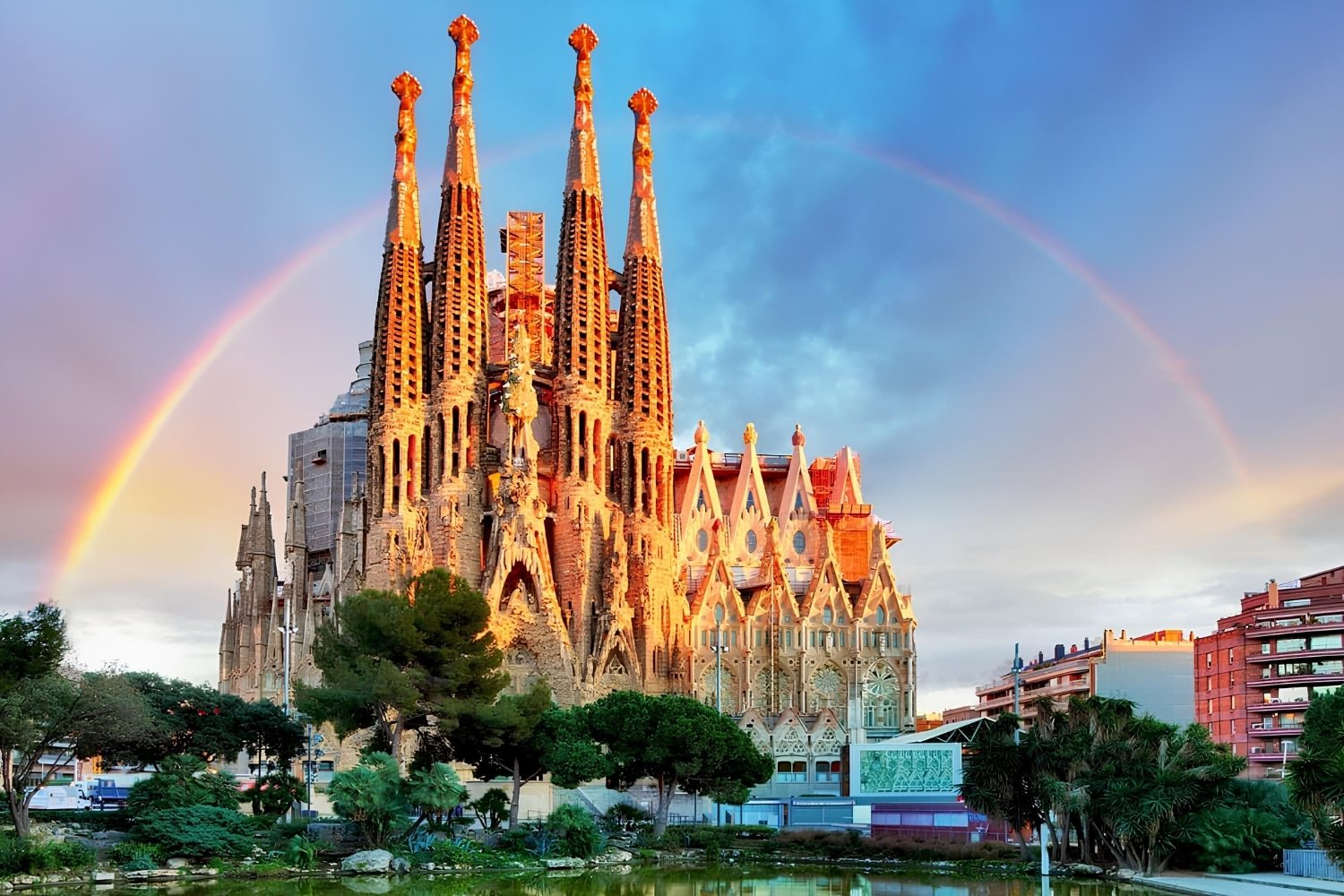
Spanish history is a rich tapestry of events, cultures, and transformations. From ancient Iberian tribes to the powerful Roman Empire, the Visigoths, and the Moors, Spain's past is a fascinating journey through time. Did you know that Spain was once a collection of kingdoms before unifying under Ferdinand and Isabella? Or that it played a crucial role in the Age of Exploration, leading to the discovery of the New World? Spain's history is also marked by the Spanish Civil War and the subsequent rise of Franco's dictatorship. Understanding Spanish history helps us appreciate its diverse culture, language, and traditions. Ready to dive into 30 intriguing facts about Spain's past? Let's get started!
Key Takeaways:
- Ancient Spain was shaped by the Iberians, Phoenicians, and Romans, leaving behind impressive aqueducts and a rich cultural heritage.
- Spain's history includes the Moorish invasion, the Age of Exploration, the Golden Age, and modern transitions, contributing flamenco, Picasso, cuisine, and the Spanish language to the world.
Ancient Spain
Spain's history stretches back thousands of years, with influences from various civilizations. Let's explore some fascinating ancient facts.
- The Iberians were the earliest known inhabitants of Spain, dating back to the Bronze Age.
- The Phoenicians established trading colonies in Spain around 1100 BCE, including the city of Cádiz.
- Carthaginians, led by Hannibal, used Spain as a base to launch attacks against Rome during the Second Punic War.
- Romans conquered Spain in 218 BCE, integrating it into the Roman Empire as Hispania.
- Roman aqueducts, like the one in Segovia, still stand today, showcasing ancient engineering prowess.
Medieval Spain
The medieval period in Spain was marked by invasions, reconquests, and cultural blending. Here are some key points from this era.
- Visigoths ruled Spain after the fall of the Roman Empire, from the 5th to the 8th century.
- In 711 CE, Moors from North Africa invaded Spain, establishing Al-Andalus.
- The Alhambra in Granada, built by the Moors, is a stunning example of Islamic architecture.
- The Reconquista was a series of campaigns by Christian states to reclaim territory from the Moors, lasting until 1492.
- El Cid, a legendary Spanish knight, became a national hero during the Reconquista.
The Age of Exploration
Spain played a pivotal role in the Age of Exploration, leading to significant global discoveries and conquests.
- Christopher Columbus, sponsored by Spain, discovered the Americas in 1492.
- Hernán Cortés conquered the Aztec Empire in 1521, expanding Spanish territories.
- Francisco Pizarro defeated the Inca Empire in 1533, furthering Spanish influence in South America.
- The Spanish Armada, a powerful fleet, attempted to invade England in 1588 but was defeated.
- Spain established the first European settlement in the Philippines, naming it after King Philip II.
The Golden Age
Spain's Golden Age was a period of flourishing arts, literature, and power. Here are some highlights.
- Miguel de Cervantes wrote "Don Quixote," considered one of the greatest novels ever written, in 1605.
- Diego Velázquez, a renowned painter, created masterpieces like "Las Meninas" during this era.
- Spain's empire included vast territories in Europe, the Americas, Asia, and Africa.
- The Spanish Inquisition, established in 1478, aimed to maintain Catholic orthodoxy but became infamous for its brutality.
- The Treaty of Westphalia in 1648 marked the decline of Spanish dominance in Europe.
Modern Spain
Modern Spain has seen significant changes, from civil war to democracy. Let's look at some key moments.
- The Spanish Civil War (1936-1939) was a brutal conflict between Republicans and Nationalists.
- Francisco Franco ruled Spain as a dictator from 1939 until his death in 1975.
- Spain transitioned to democracy after Franco's death, with King Juan Carlos I playing a crucial role.
- Spain joined the European Union in 1986, boosting its economy and international standing.
- The 1992 Barcelona Olympics showcased Spain's modernity and cultural richness.
Cultural Contributions
Spain's rich culture has made significant contributions to the world in various fields. Here are some notable examples.
- Flamenco, a passionate dance and music style, originated in Andalusia.
- Pablo Picasso, a Spanish painter, co-founded the Cubist movement and created iconic works like "Guernica."
- Spanish cuisine, including dishes like paella and tapas, is celebrated worldwide.
- Antoni Gaudí's architectural masterpieces, such as the Sagrada Família, attract millions of visitors to Barcelona.
- The Spanish language, spoken by over 460 million people, is the second most spoken native language globally.
The Final Brushstrokes on Spanish History
Spanish history is a tapestry of rich culture, epic battles, and remarkable achievements. From the Moorish influence in architecture to the Age of Exploration, Spain's past is filled with fascinating stories. The Spanish Inquisition and the Spanish Civil War are stark reminders of the nation's turbulent times. Yet, Spain has also given the world flamenco, tapas, and Picasso. Each fact we've explored paints a vivid picture of a country that has shaped and been shaped by countless events and personalities. Understanding these facts not only enriches our knowledge but also deepens our appreciation for Spain's unique place in world history. Whether you're a history buff or just curious, these tidbits offer a glimpse into the heart of Spain. Dive deeper, and you'll find even more layers to this captivating story.
Frequently Asked Questions
Was this page helpful?
Our commitment to delivering trustworthy and engaging content is at the heart of what we do. Each fact on our site is contributed by real users like you, bringing a wealth of diverse insights and information. To ensure the highest standards of accuracy and reliability, our dedicated editors meticulously review each submission. This process guarantees that the facts we share are not only fascinating but also credible. Trust in our commitment to quality and authenticity as you explore and learn with us.
